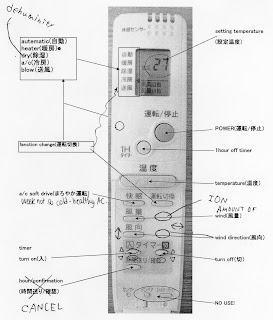TDY dependents are no longer able to get care on base. Again, emergencies might be handled for immediacy reasons.
In Yokohama's China town, there's a clinic that a couple of people suggested to me.
This clinic is one of the ones the American Embassy recommends.
There is also dental here. I personally recommend the Himawari Dental Office. Ellie SUZUKI, DDS (general AND orthodontics) studied and practiced in the US, and has excellent English. She is over by Hayama in a town called Nagai.
For a full list of doctors (you get the bio, so you can see who studied in the US, however the staff may not speak, so get someone Japanese to make that appointment for you) at the embassy, click here:
Phonetically spelled (broadcast background here... you'll figure it out, common pronunciation)
:
Doctor=Ee-shYAW
appointment=YOH-yeah-KYU
Does the doctor speak English? = OOH ee-shYAW wa Ay-go ha-naw-say moss-CAW?
Have your Japanese book handy for days of week and times.
My political SOAP BOX: To keep retention in the military, one of the things they promised is less moves. Then they put a nuclear aircraft carrier in Japan. To work on this, they either ship it to the US, or do it here. That requires American nationals to work on it. THEN, they won't share their hospital with the folks who come work on the ship.
PLEASE write your congressional representative and your senators. Norm Dicks just made it to Ways and Means committee, and he has some clout. You didn't have to vote for these folks, however they're your representatives now. In order to be represented, you've got to let them know what they need to do to help you out!
(I couldn't get the last 2 to load... sometimes it's because I have a Japanese server, and sometimes the system is down.




















